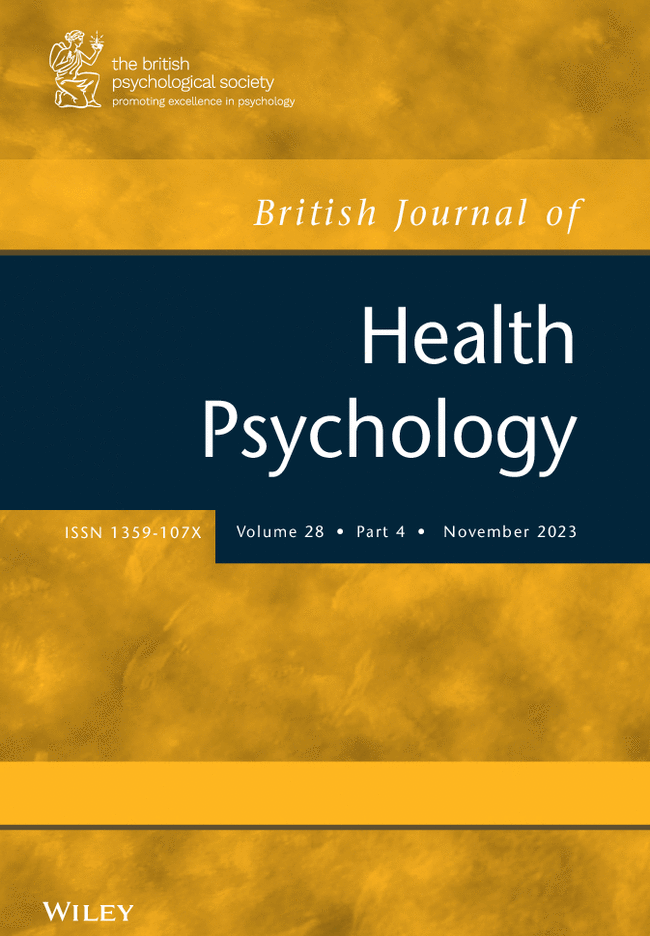School-based yoga and mindfulness interventions for young adolescents: A qualitative study in a disadvantaged area
Abstract
Objectives
With raising rates of mental health problems, mind–body interventions are increasingly being integrated in schools to support children and adolescents' mental health and well-being. The aim of this study was to explore young adolescents' experiences of yoga and mindfulness and the acceptability of delivery within the school curriculum in an area of high deprivation.
Design
Qualitative group interviews with young adolescents embedded within a larger feasibility study exploring the universal (class-wide) delivery of yoga and mindfulness interventions.
Methods
After participation in separate 10-week yoga or mindfulness interventions, 45 adolescents (12–13 years old; 66.7% male) took part in semi-structured group interviews exploring perceptions, acceptability, and experiences of each intervention. Data was analysed using inductive thematic analysis.
Results
Two overarching themes were identified, evident across both mindfulness and yoga groups. “Facilitators and barriers to engagement” outlined key factors impacting acceptability, including prior perceptions. Teacher qualities of non-reactivity and respect, an invitational approach to teaching, and interactive sessions were highly valued. Secondly, participants described a range of “psychosocial impacts”, including increased emotional regulation, positive mindset and self-confidence, and greater focus and concentration. Physical benefits were also reported in the yoga group.
Conclusion
This is the first study to explore the acceptability and impact of universal yoga and mindfulness interventions with an ethnically diverse sample of disadvantaged young adolescents in the United Kingdom. The findings suggest mind–body interventions can help children and adolescents develop skills to better manage challenges in their everyday lives, but they require further integration into the curriculum for optimal benefit.

 求助内容:
求助内容: 应助结果提醒方式:
应助结果提醒方式:


